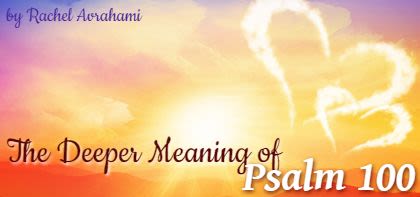
The Deeper Meaning of Psalm 100
Psalm 100 is a major feature of the Law of Thank You by Rabbi Arush – but what does it mean? And what intentions should you have in mind while saying it?

I must preempt my comments by telling you that Rabbi Arush has tried a couple times to explain what you are supposed to have in mind (kavanot) when saying Psalm 100, A Psalm of Thanksgiving (Mizmor L’Todah) but somehow he always stops short.
What I did was think backwards. I know what Rabbi Arush teaches about thanking Hashem, and the kind of things we are supposed to remember when thanking Hashem. In repeating this Psalm over and over and praying about understanding it, I found places where the Psalm alludes to these important concepts – and I use those as placeholders to pray for them. I am not trying to provide a comprehensive commentary, as much as “Cliff Notes” or “placeholders” so to speak. I personally say the Psalm in Hebrew, but I am going to use the translation here. If you know some Hebrew, match up the thoughts with the original Hebrew in the Tehillim.
Also, know that these are pretty fast thoughts. If you are singing Psalm 100 with Rabbi Arush’s new tune, there are breaks in the tune in many places where I have these intentions, which helps with timing. But even if you say it fast, you can still have these thoughts in shorthand, and I find that it makes saying the Tehillim much more powerful. After the short intention in bold, I give some explanation to make it more meaningful.
A Psalm of Thanksgiving. Call out to Hashem, the entire earth! Serve G-d with joy,
When you say the word “simcha – joy,” ask Hashem for this exactly – to serve Hashem with joy!
“Hashem, I want to serve You with happiness!” Rabbi Arush says that whenever he starts his daily personal prayer, he always asks for happiness first and foremost. So if that is what Harav needs, and puts first, all the more so mere mortals like you and me…
Even more, Rabbi Arush explains that the reward for the happiness of doing the mitzvah is one million times more than the reward of the mitzvah itself! He says that it is such a shame that we don’t prepare ourselves for even a few seconds before doing a mitzvah, so that we will cause ourselves to really feel the joy of the mitzvah we are doing…
One day, I also realized that although generally the Hebrew is punctuated as I wrote above, you can change the punctuation to be like this (Hebrew itself actually has no punctuation at all): “The entire earth serve G-d – with joy.” So at least one time that I say Psalm 100 in The Law of Thank You, I try to remember to pray that the entire earth should come to serve Hashem willingly. Should recognize the truth, should learn emuna and want to live better, more spiritual lives.
Come before Him with joyous song.
Hashem, give me the emuna to always be singing and dancing!
Know that Hashem, He is G-d, (Hashem hu Elokim)
This verse, verse 3 in the chapter, is in my opinion the most important of all, because it is the foundation of emuna in Hashem.
“Hashem” is the Name of G-d which represents mercy. “Elokim” is the Name of G-d which represents strict justice and judgement. I have here the same intention that Rabbi Arush said that we are supposed to have in mind when saying this statement as part of Selichot and other places (and it’s source is right here in this Psalm!) – which is that in reality, there are no judgements and there is no bad. Everything is only mercy!
The “Elokim” that you see in the world, really that is just Hashem, only mercy. The good is called “good” and the seemingly bad is called “very good.” It is actually a bigger good that even the revealed good, but right now its light hasn’t been revealed yet, so it looks dark, it looks big, bad and evil.
He made us, and we are His, His nation and the sheep of His pasture.
Here is my biggest great idea. It is certainly nice to think that we belong to Hashem, and it’s true.
A little known fact is that the original Psalm says lo with an aleph, which actually means “not” or “no” but it’s read and generally printed as lo with a vav, which means “his.” If you think about the verse in the original, you get an incredible and crucial principle:
He made us, and not us!
So here you remind yourself: I am not G-d! I do not know all the factors here! I am nothing! And I cancel myself before Him!
At least for me, to utterly cancel my will before someone else’s is frankly downright terrifying. We are used to dealing with people who don’t always have our best interest at heart. That’s why immediately, Moshe Rabbeinu (this is the last of the 11 Psalms written by Moshe, beginning with Psalm 90) reminds us:
We are His nation and the sheep of His pasture.
You are in good Hands! The best of the best Hands! G-d loves you and takes care of you like an only child, like a caring shepherd tending to His flock. It’s okay, let it all go, let Hashem take the steering wheel, let Hashem drive your life. He knows what He is doing better than you, and He is doing only good for you!
We must cancel our will before G-d’s will, and simply believe that since G-d is all powerful and can do whatever He wants, and He wants us to be happy, successful, healthy etc. etc. more than we want it just like any good parent, and just like any parent He suffers with our pain – so then if all that is true, then it MUST be that what is happening is good, or He would do differently! He isn’t going to suffer for no reason, unless perhaps The Almighty G-d in His Infinite Wisdom understands how this is good, in a way that I don’t right now… so my job is just to believe, even though I don’t understand. It’s okay that I don’t understand. Who do I think I am anyway? G-d? “He is G-d – and not me!”
Enter His gates with thanking, His courtyards with praise,
Ask Hashem to help you always and only praise and thank Him, and never complain. As Rabbi Arush quips, “With thank you – there are no gates!”
Thank Him, Bless His Name. Because G-d is good, and His kindness is eternal,
Remind yourself again “ki tov Hashem – Hashem is good!” I know this situation looks bad, but it’s just hidden good. Just repeat that over and over again, “Hashem is good! This is all chesed! All kindness! I just don’t understand it right now. Hashem, please just give me emuna to believe it!”
And generation to generation is His faithfulness.
Here we find a wonder, a last Gem in this very short Psalm of only 5 verses. Just like we have emuna in Hashem – Hashem has emuna in us! He believes in every single one of us, and in every generation! Faithfulness in the Hebrew is literally “emuna-toh – His emuna.”
So don’t ever give up on yourself! You have a holy soul and you have the best cheerleader ever – G-d Himself. He knows your true potential and He understands that you have an Evil Inclination. G-d doesn’t look at the bad at all in you, because He knows that it isn’t the real you. The real you is your soul – which is a part of G-d Himself, which is automatically only holy and good!
And this is how we merit the Final Redemption with mercy.
Tell me, how does someone ever get the “merit” to actually “merit” something so gigantic? Really, it’s basically impossible to merit such a thing. The greatest tzaddikim for sure, but an entire generation? Puh-lease.
But this offers us a way out of needing merit! G-d works middah k’neged middah, tit for tat. So if we say to Hashem, “I have emuna in You! I know this looks bad, but I know that You are only good! I am not letting myself get fooled! G-d is good! This is GOOD! Thank You!”
So now Hashem turns to us and says, “I know that you look bad, that you sin, that you have all sorts of failings and lacks. But you have emuna in Me, and you only see the good in Me and My actions, and not the bad – even though it really looks bad? So I am going to have emuna in you! I am only going to see the good in you, and not the bad! You are GOOD! This is GOOD!” and now G-d brings us the Redemption with mercy!
It’s true for every individual for their own personal redemption, and when enough of us do this on our own, so we will trigger the complete Redemption for the entire world, amen!


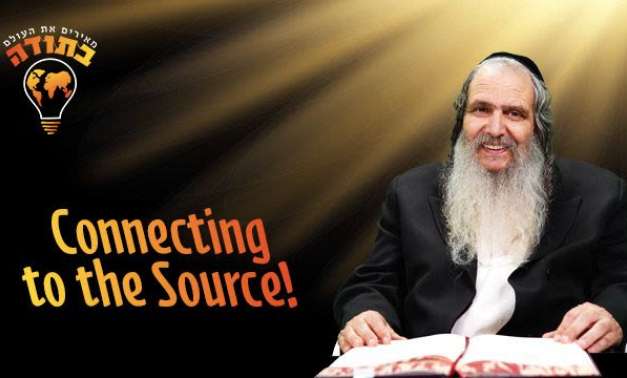

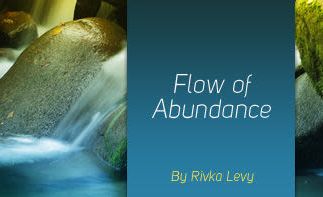
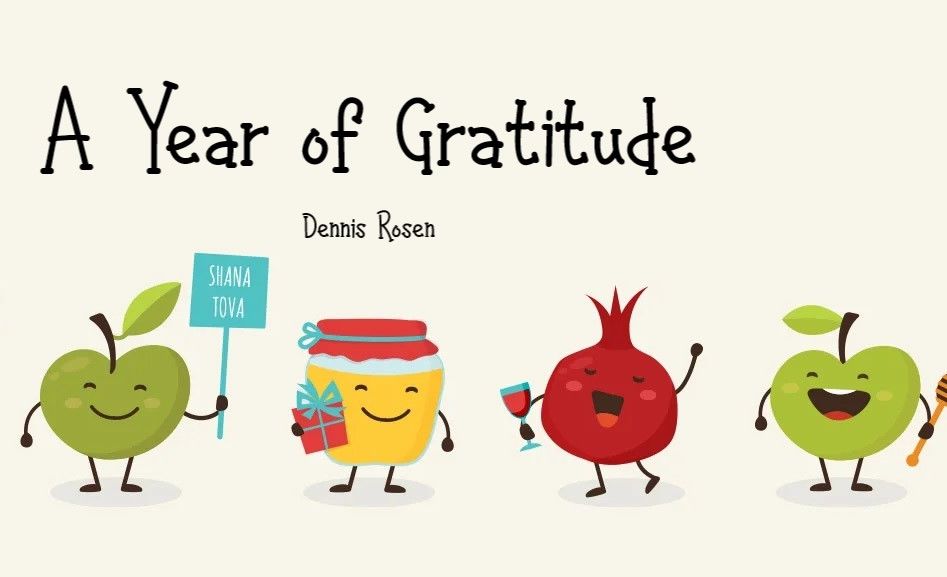
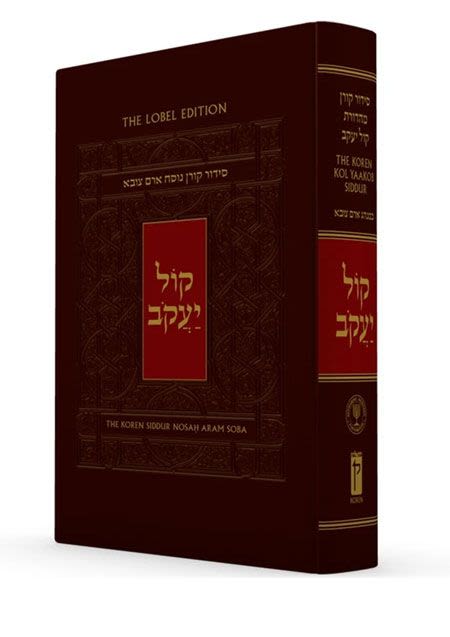


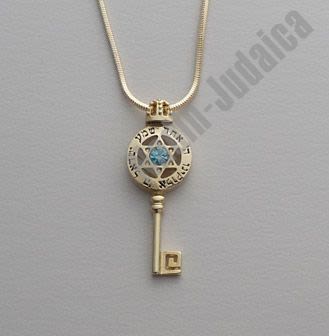

7/21/2022
It is a segula for a woman in the midst of labor before childbirth,for someone to say mizmor lisoda for her. In zchus,merit of saying this short chapter she will be helped with a speedy delivery and be a healthy mom. (Breslov segulos)
11/30/2020
Muchas muchas gracias HASHEM BENDITO SEA gracias por todo lo que hace por todos, gracias por esta enseñanza a cumplir la meta de un millon. Saludos de Mexico.